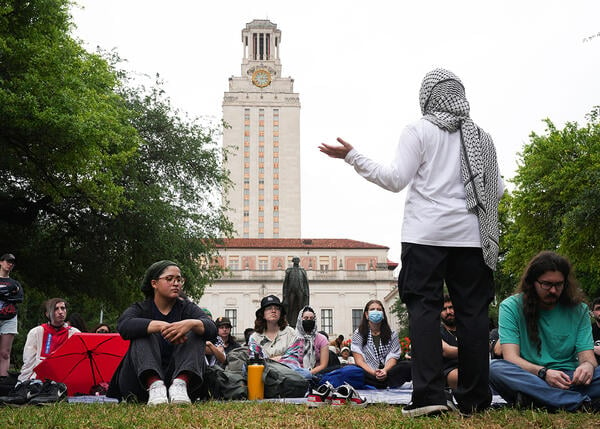
"Giving administrators discretion to decide what is prohibited 'disruptive' speech gives the school the ability to weaponize the policy against speech it disagrees with. As an example, the Overnight Expression Ban would, by its terms, prohibit a sunrise Easter service. While the university may not find this disruptive, the story may change if it's a Muslim or Jewish sunrise ceremony. The songs and prayer of the Muslim and Jewish ceremonies, while entirely harmless, may be considered 'disruptive' by some."
"The First Amendment does not have a bedtime of 10 p.m., wrote U.S. district court judge David Alan Ezra in his order granting the plaintiff's request for a preliminary injunction."
"Texas' law is so overbroad that any public university student chatting in the dorms past 10 p.m. would have been in violation, said Adam Steinbaugh, a senior attorney at the Foundation for Individual Rights and Expression, in a press release."
"We're thankful that the court stepped in and halted a speech ban that inevitably would've been weaponized to censor spee"
A federal judge granted a preliminary injunction preventing the University of Texas system from enforcing an overnight expression ban that would have prohibited First Amendment-protected expressive activity between 10 p.m. and 8 a.m. The judge warned that giving administrators discretion to label speech 'disruptive' could allow the policy to be weaponized and cited religious sunrise ceremonies as vulnerable examples. A coalition of student groups sued to challenge the restrictions, which also targeted campus public speakers, drums, and amplified noise near the end of the semester. The policies implemented Texas Senate Bill 2972, effective Sept. 1, and critics called the law overbroad.
Read at Inside Higher Ed | Higher Education News, Events and Jobs
Unable to calculate read time
Collection
[
|
...
]